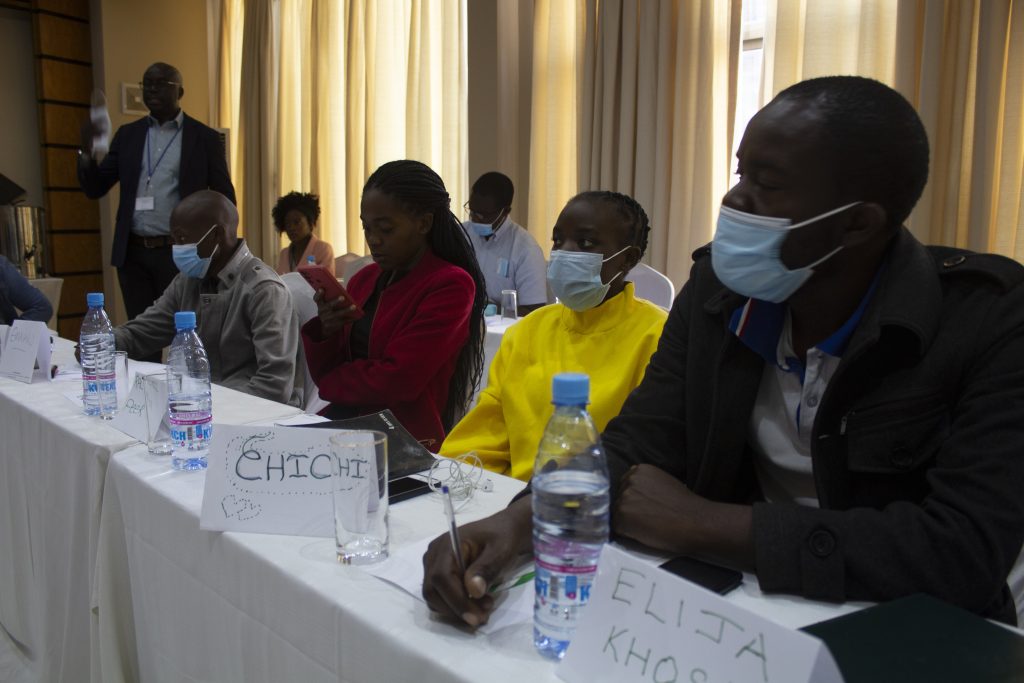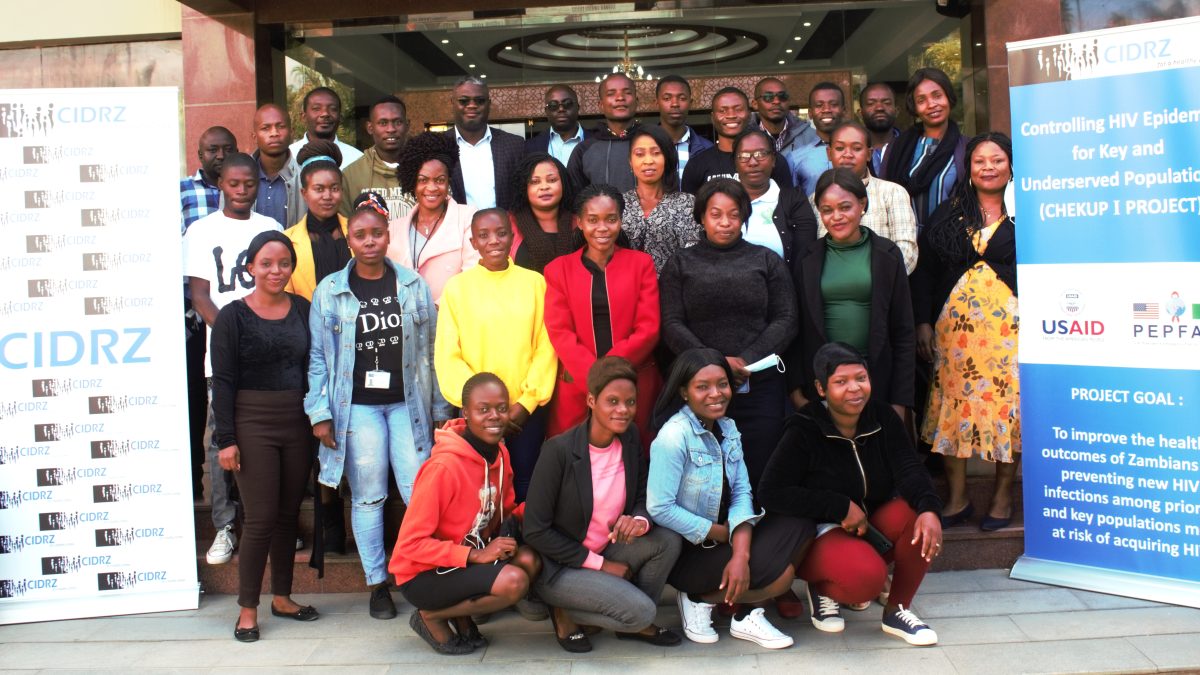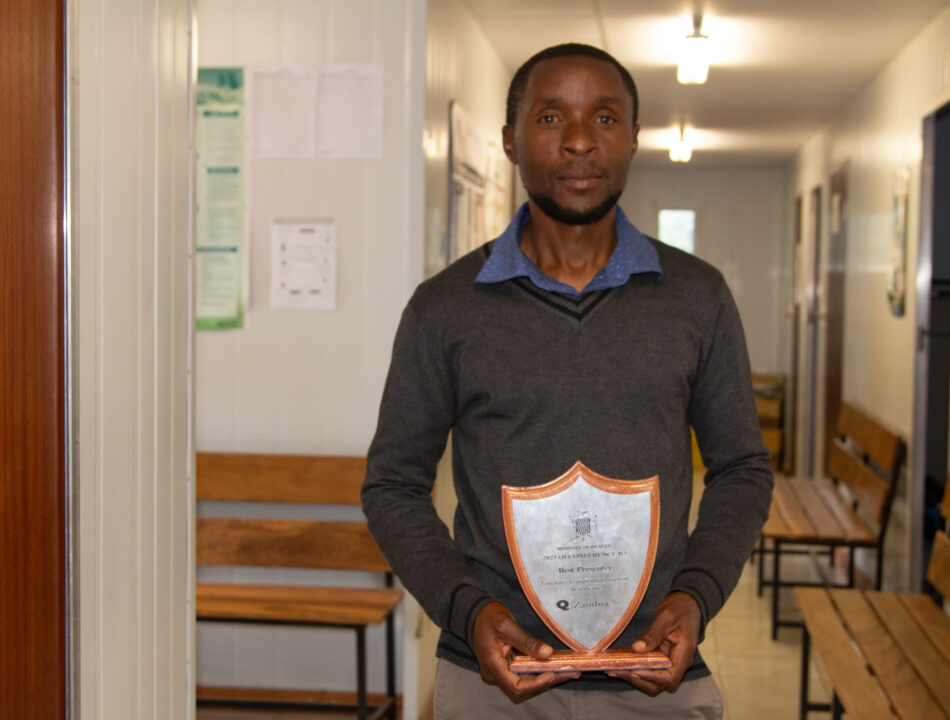- HOME
- ABOUT
- AREA OF FOCUS
- Research
- Enteric diseases & HIV vaccine Research unit
- HIV prevention, care & treatment
- Implementation Science
- Paediatric prevention care & treatment
- Vulnerable Children & Adolescent Health
- Tuberculosis
- Prison’s Health
- Social & Behavioral studies
- New Born & Women’s health
- Primary care and health systems strengthening
- Mental Health
- Hepatitis
- SUPPORT UNITS
- MEDIA
- News
- Annual reports
- Quarterly Newsletters
- Vol.24 CIDRZ Newsletter Q2 FY 2024
- Vol.23 CIDRZ Newsletter Q1 FY 2024
- Vol.22 CIDRZ Newsletter Q4 FY 2023
- Vol.21 CIDRZ Newsletter Q3 FY 2023
- Vol.20 CIDRZ Newsletter Q2 FY 2023
- 1st Quarter Newsletter FY2022/2023
- 4th Quarter Newsletter FY2021/2022
- 3rd Quarter Newsletter FY 2021/2022
- 2nd Quarter – FY 2021-2022
- 1st Quarter 2021-2022
- Research Abstracts/ Scientific Posters
- Research Presentations
- Gallery
- Videos
- TRAINING
- TOOLKITS
- Taskpen Toolkit
- Human Infection Studies (HIS)
- Menstrual Hygiene Management (MHM)
- Better Information for Health in Zambia Toolkit – 2017
- CommART Toolkit
- Operation Triple Zero Plus – HIV Literacy Package for Adolescents
- TASKPEN CLINICAL GUIDELINES :Protocols for the Integrated Management of Cardiometabolic conditions in Adult PLHIV
- JOBS
Sixty-Six (66) Trained in Safe and Ethical Index Testing (SEIT), GBV LIVES, Social Network Strategies (SNS) and HIV Self-Testing.

USAID COVID-19 Task Force Delegation visit’s CIDRZ
May 23, 2022
CIDRZ partners with the Ministry of Health to develop Differentiated Service Delivery (DSD) reports using the national electronic medical records (SmartCare)
June 3, 2022Sixty-Six (66) Trained in Safe and Ethical Index Testing (SEIT), GBV LIVES, Social Network Strategies (SNS) and HIV Self-Testing.

The Centre for Infectious Disease Research in Zambia (CIDRZ) through the United States Agency for International Development (USAID) Controlling HIV Epidemic for Key and Underserved Populations (CHEKUP I ) Project has trained 66 public health care providers in Safe and Ethical Index Testing (SEIT), GBV LIVES, Social Network Strategies (SNS) and HIV Self-Testing.
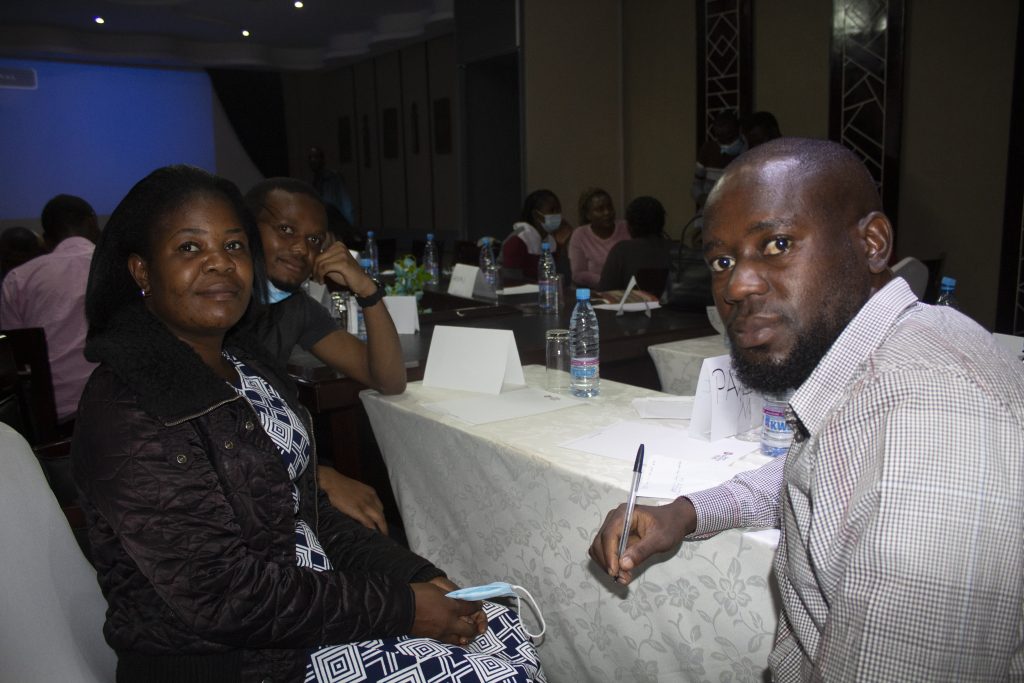
The USAID CHEKUP I Project was launched for implementation in nine districts across the Copperbelt, Lusaka, Southern, and North-Western provinces with the goal of improving the health outcomes of Zambians by preventing new HIV infections among priority populations most at risk of acquiring HIV.
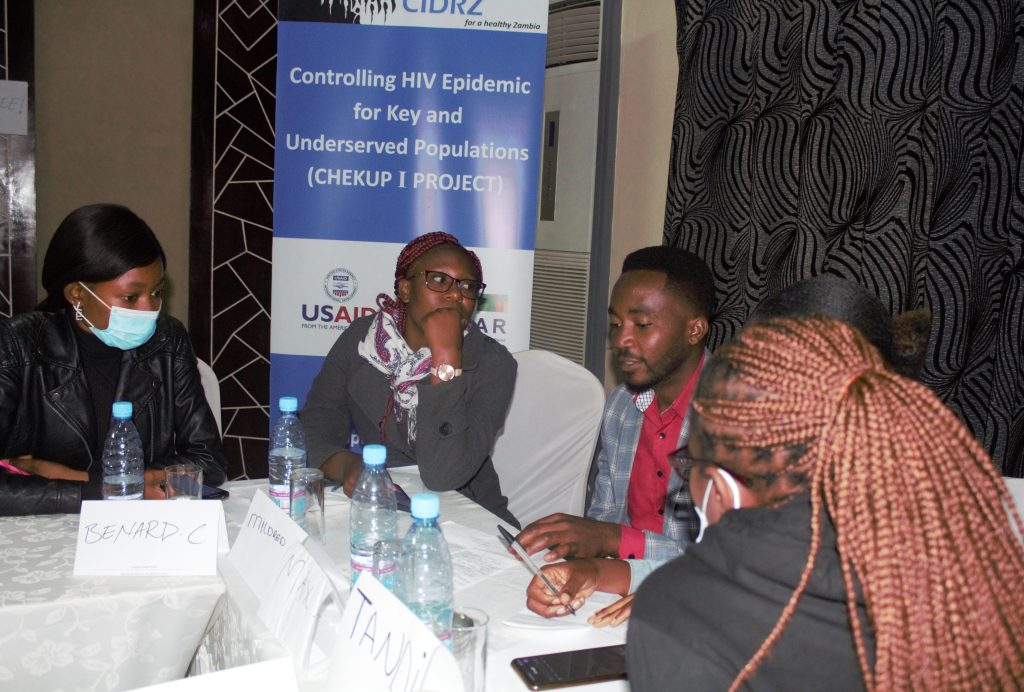
To beef up manpower, the project recently recruited a total of 74 Lay Counsellors and 148 Peer Educators across the seven supported districts (Lusaka, Livingstone, Ndola, Kitwe, Mufulira, Chingola and Luanshya). This Community HIV (CHIV) team will be the frontline for the project in ensuring that high impact HIV prevention services are offered to the individuals most at risk of acquiring HIV in the community.
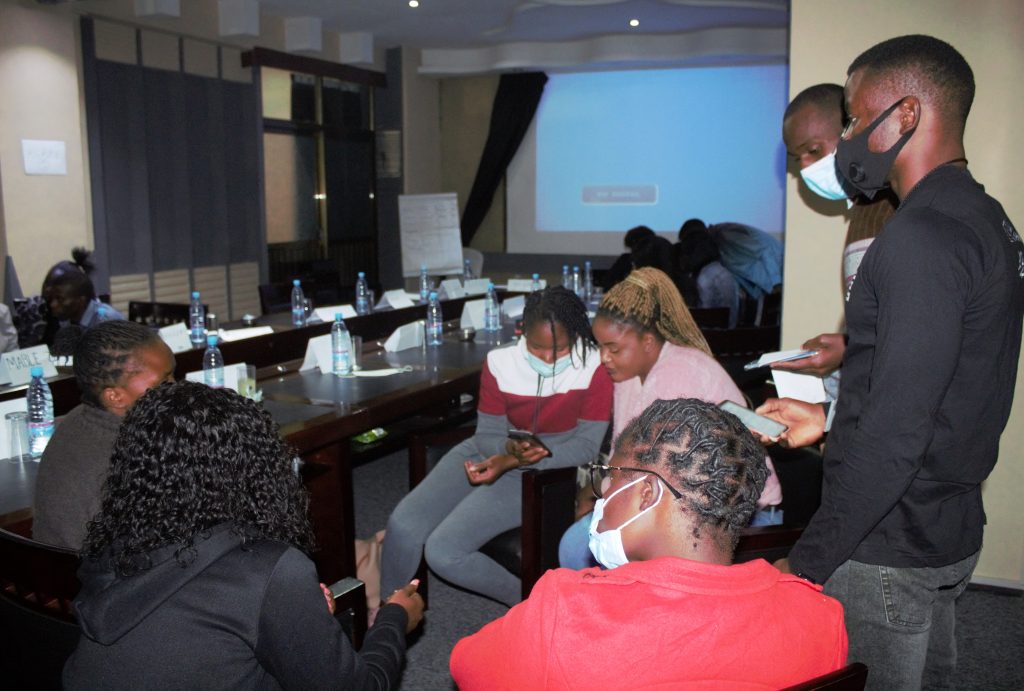
To ensure that this team offers the best possible service, CIDRZ with its Technical Assistance (TA) partners on the project including Ministry of Health (MoH) and Pact Inc is training a total of 22 Lay Counsellors and 44 Peer Educators in Lusaka district. The project plans to finalize the trainings across all supported districts by the end of June.
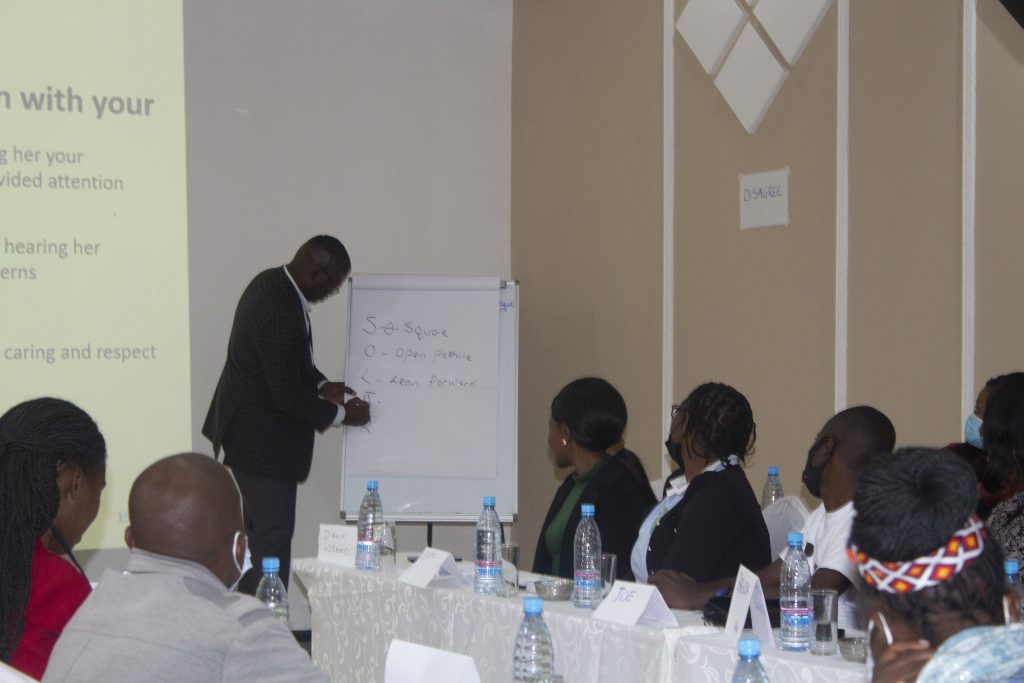
The trained staff will work at community level within already established MoH structures to offer HIV prevention messaging, HIV testing services, appropriate referrals for treatment (ART for those testing positive) and prevention services (e.g. PrEP, VMMC for those testing negative), and promote safer sex practices by distributing condoms to at risk populations.
